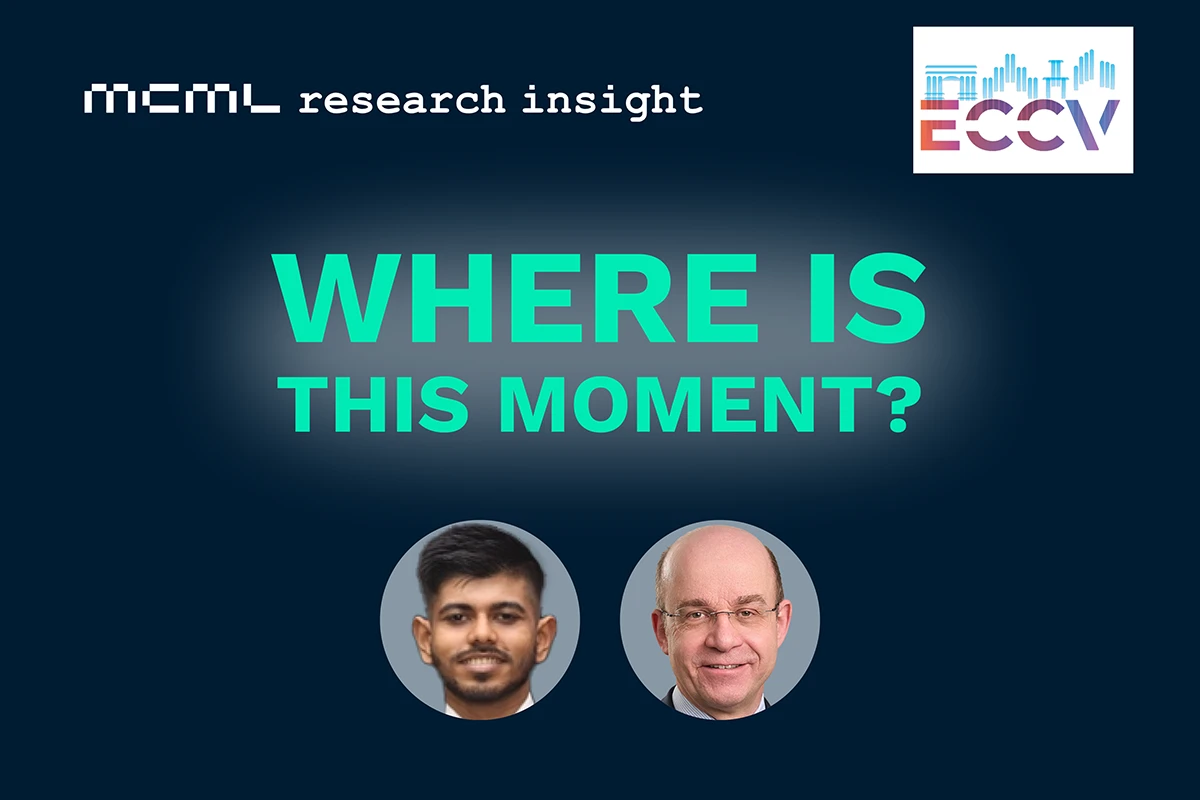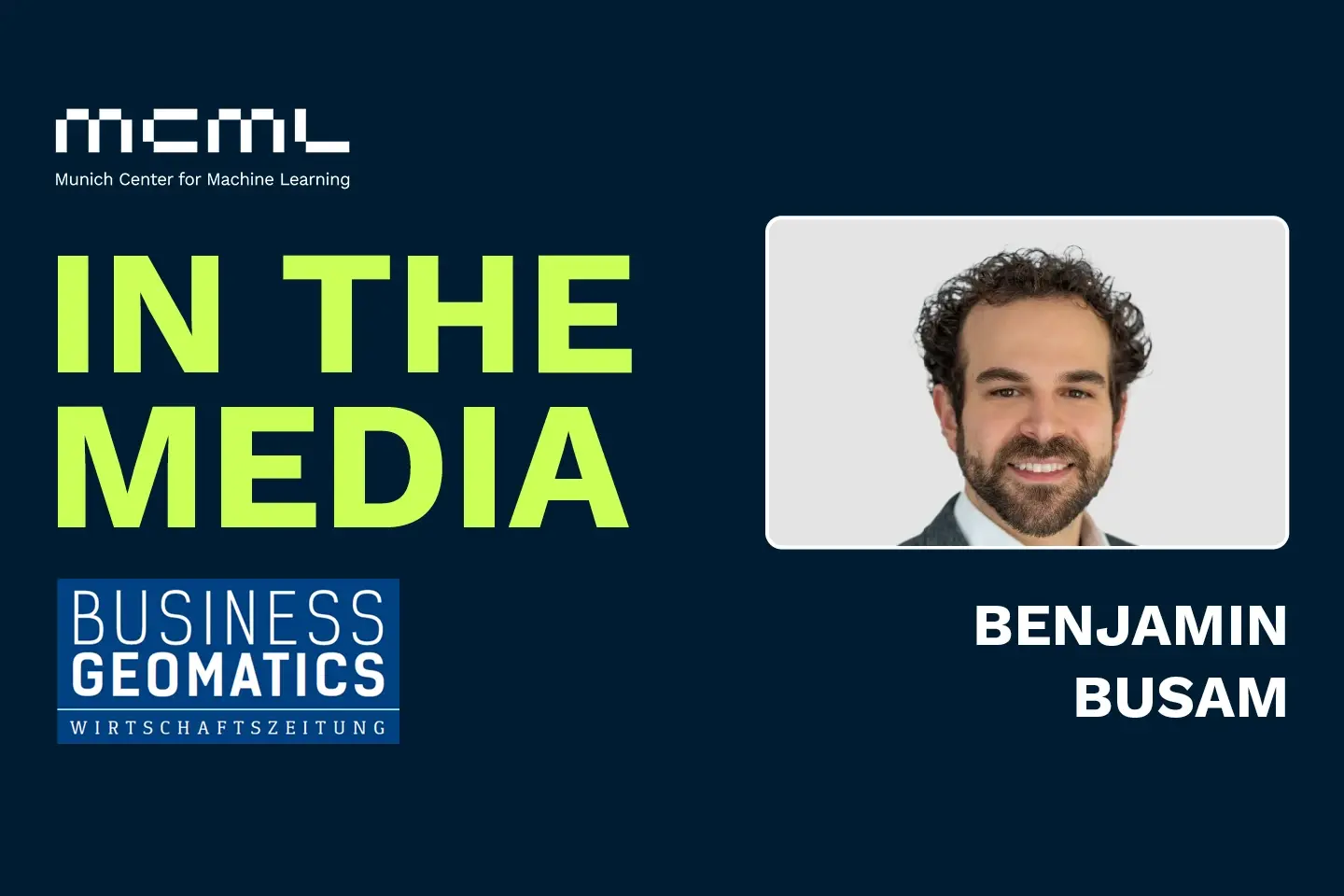13.08.2025
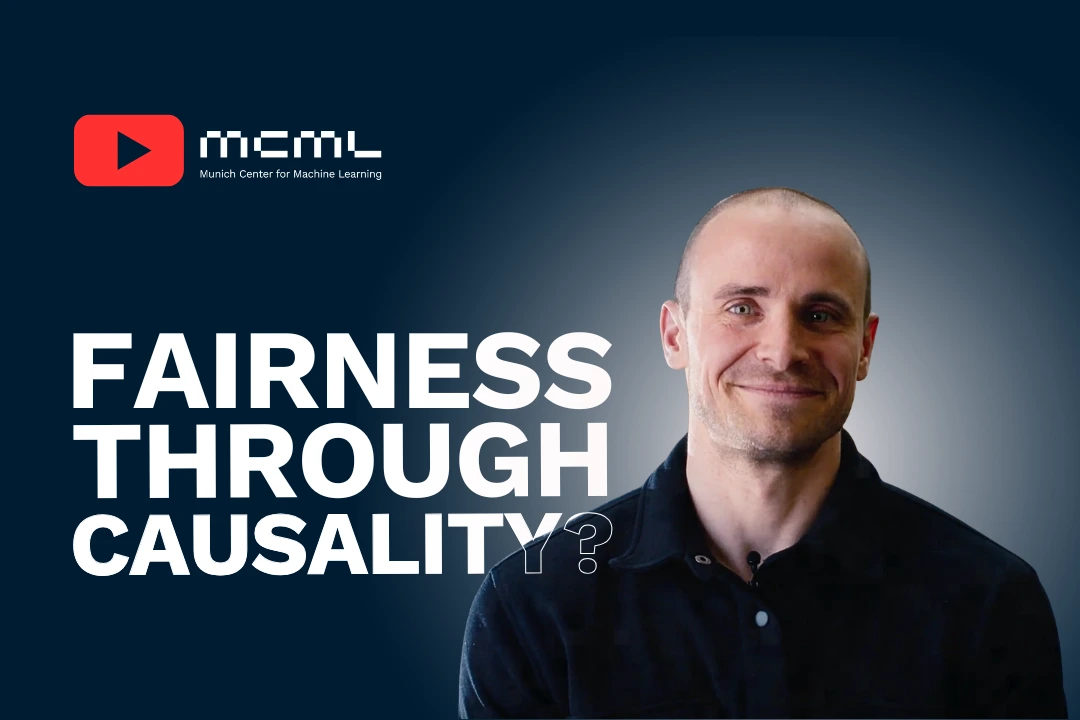
From Physics Dreams to Algorithm Discovery - With Niki Kilbertus
Research Film
As a kid, Niki Kilbertus dreamed of becoming a theoretical physicist and discovering a fundamental law of nature. But when reality proved more complex, he found a new path through computer science.
Now a professor at TUM and PI at the Helmholtz Center as well as the MCML, Kilbertus works at the intersection of AI and causal inference. His mission: build algorithms that don’t just detect patterns, but help uncover cause and effect.
In medicine, for example, data might suggest a non-invasive kidney stone treatment works better. But if it’s mostly given to patients with smaller stones, that’s correlation, not causation. To truly compare treatments, randomized trials are needed—removing hidden biases and revealing real effects.
The research of Kilbertus helps close this gap. His algorithms support more reliable scientific decisions and accelerate discovery in fields like biology, chemistry, and healthcare.
What began as a quest for physical laws has become a drive to make science itself smarter.
©MCML
The film was produced and edited by Nicole Huminski and Nikolai Huber.
Related
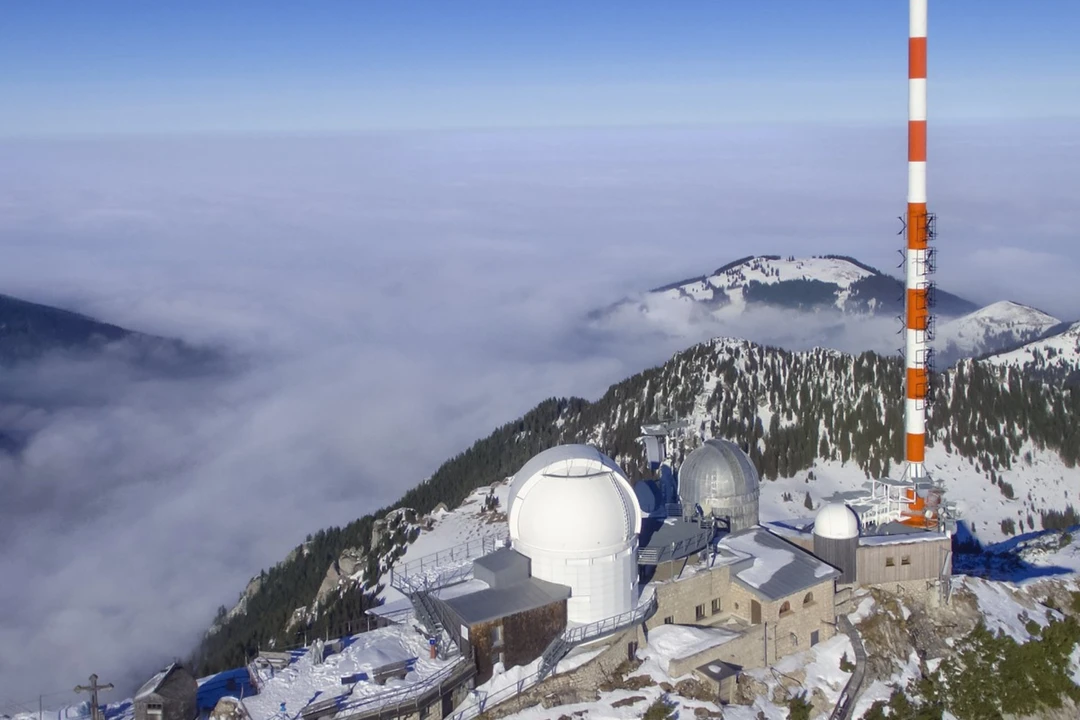
24.02.2026
Cosmology: Measuring the Expansion of the Universe With Cosmic Fireworks
Daniel Gruen leads LMU’s campaign on rare SN Winny to refine the Hubble constant and address the Hubble tension in cosmology.
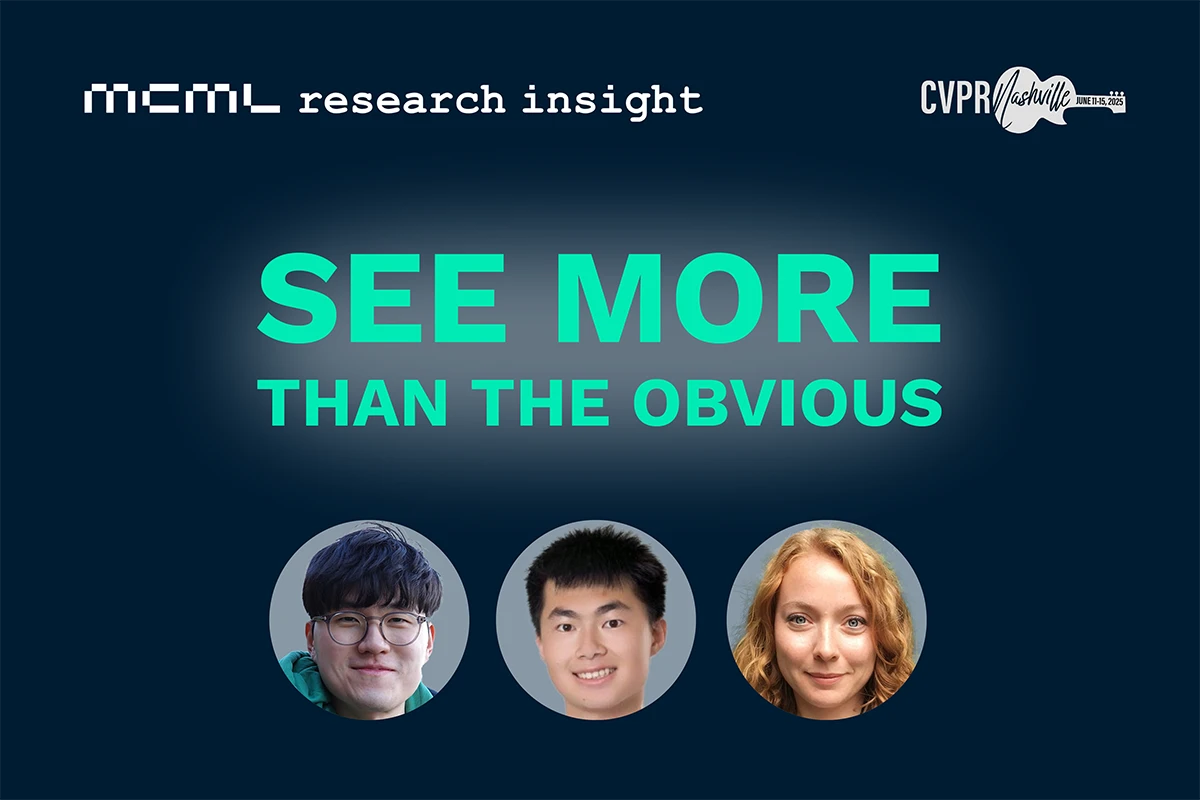
19.02.2026
COSMOS – Teaching Vision-Language Models to Look Beyond the Obvious
Presented at CVPR 2025, COSMOS shows how smarter training helps VLMs learn from details and context, improving AI understanding without larger models.
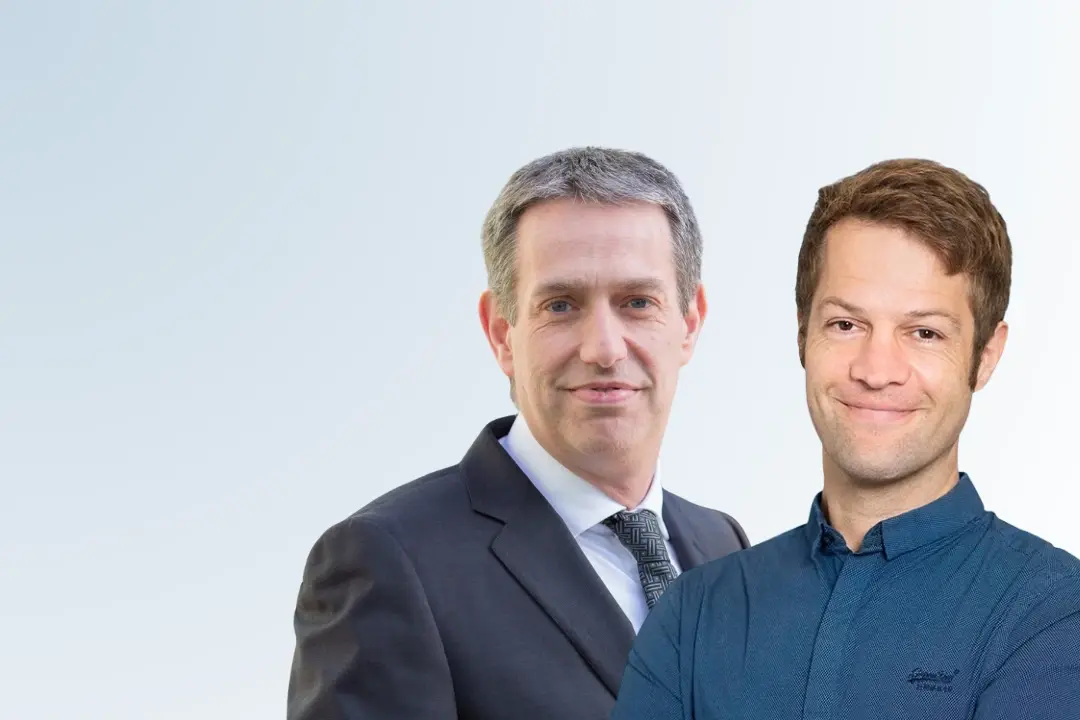
05.02.2026
Daniel Rückert and Fabian Theis Awarded Google.org AI for Science Grant
Daniel Rueckert and Fabian Theis receive Google.org AI funding to develop multiscale AI models for biomedical disease simulation.
